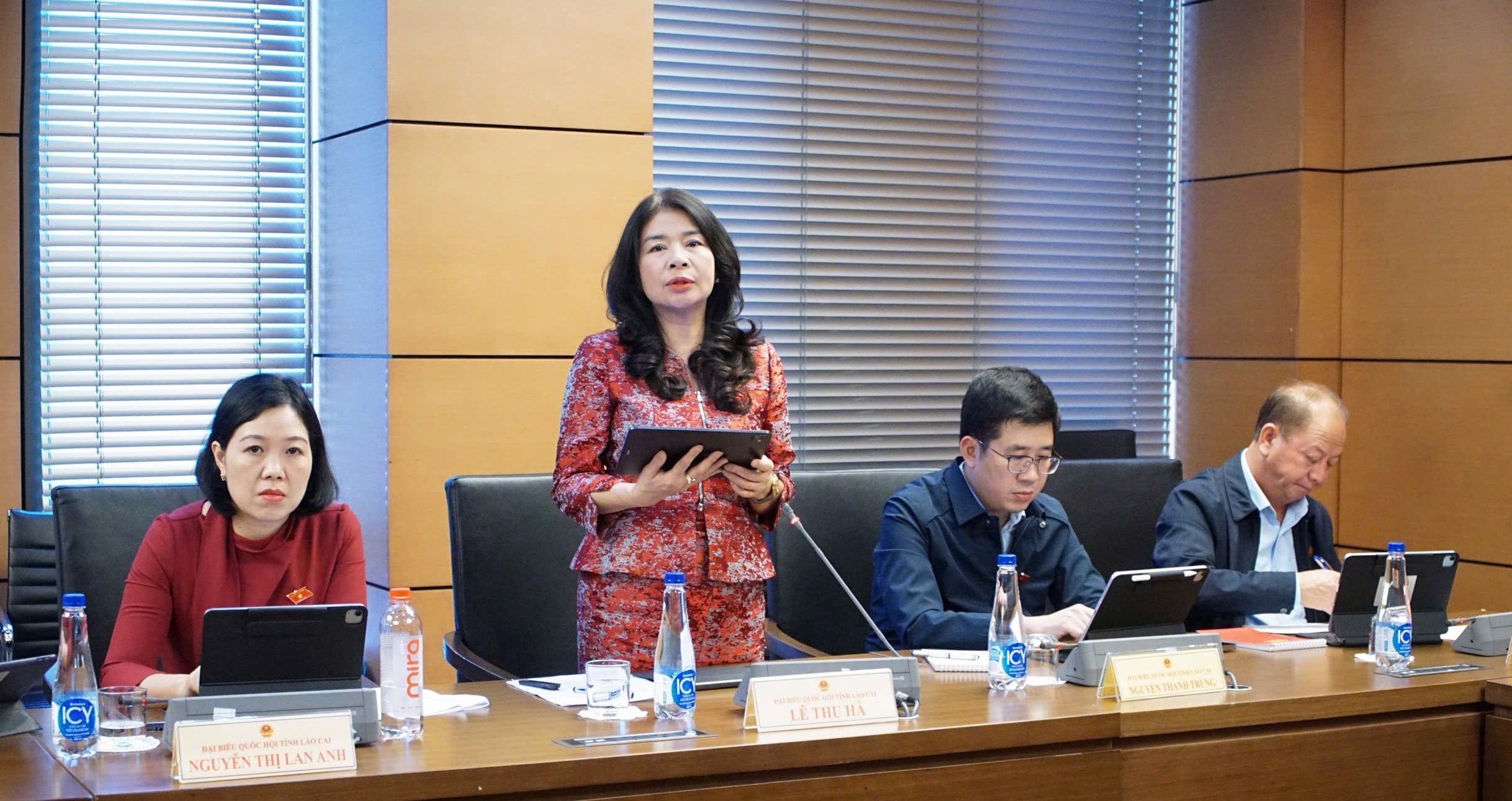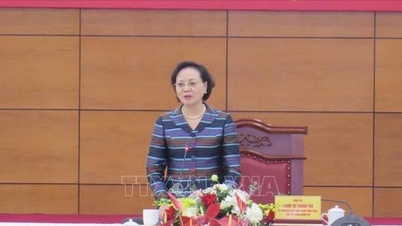Digital transformation in state administration should be prioritized .
The scope of the draft Law on Digital Transformation is currently too broad, covering digital government, digital economy and digital society. This approach, although comprehensive, can easily lead to overlapping laws when many areas have been or will be regulated by other laws, such as the Law on Data, the Law on Electronic Transactions, the Law on Personal Data Protection, etc.

It is necessary to clearly establish the role of this law as a framework law, a basic law: a framework law because it shapes the institutional structure, principles, rights and general responsibilities for digital transformation; a basic law because it connects and guides specialized fields to create consistency in the entire digital legal system.
The scope of regulation should focus on the public sector and the political system, that is, digital transformation in state administration, public service provision and interaction between the state and people and businesses. The digital economic and social sector should be encouraged to develop according to an open policy mechanism, gradually regulated by other specialized laws.
Currently, concepts such as digital platform, digital environment, digital workforce are used in many laws with different understandings. The most important thing is to standardize the concept of digital transformation - not just digitalizing data but also the process of comprehensively restructuring the operations of agencies, organizations, businesses and individuals based on data and digital technology.
If this definition is institutionalized in Article 3 of the draft Law, it will become a benchmark for other legal documents to unify the concept.
Establishing a mechanism to protect users and digital citizenship rights
Regarding the State's policy on digital transformation, although the draft Law has shown a supportive spirit, it is still quite scattered and lacks strong enough tools for implementation.
Digital transformation requires speed and flexibility, but in reality, public investment and bidding mechanisms are becoming an institutional barrier.
Therefore, I propose to add a separate clause to Article 4 of the draft Law on a specific mechanism allowing the hiring of information technology services applying the public-private partnership (PPP) model, implementing a policy testing mechanism (sandbox) in the digital technology field; especially establishing a National Digital Infrastructure Development Fund to support disadvantaged localities in narrowing the digital gap between regions.
This mechanism not only ensures financial feasibility but also demonstrates inclusive and equitable development thinking in the digital space.
At the same time, we need to pay attention to a new but very core issue: digital power governance. Who is responsible when digital platforms manipulate data, when algorithms create bias, and when misinformation spreads?
The draft Law has not clarified the responsibilities of owners and managers of digital platforms, nor has it established a mechanism to protect users and digital citizens' rights.
Therefore, it is necessary to add prohibited acts (Article 5) such as: taking advantage of digital platforms, algorithms, AI to manipulate data, discriminate, causing a distorted impact on social perception, or failing to comply with requests to remove infringing content from competent authorities.
Along with that, in Chapter IV on digital platforms, the draft Law needs to clearly stipulate the responsibility for algorithmic transparency for large-scale platforms, the mechanism for providing data when legally requested, and supplement digital citizenship rights, the right to data protection, the right to access information, the right to participate in and monitor digital government activities.
Building people's trust in the digital space is the measure of success of national digital transformation.
Source: https://daibieunhandan.vn/pho-chu-nhiem-van-phong-quoc-hoi-le-thu-ha-can-thanh-lap-quy-phat-trien-ha-tang-so-quoc-gia-10395020.html























![[Video] 24-hour news on November 9, 2025: Prime Minister attends groundbreaking ceremony of 72 inter-level boarding schools in border communes](https://vphoto.vietnam.vn/thumb/402x226/vietnam/resource/IMAGE/2025/11/09/1762693287530_z7205927627804-0a005e40ffb9334d7b6970098d693560-jpg.webp)





















































































Comment (0)